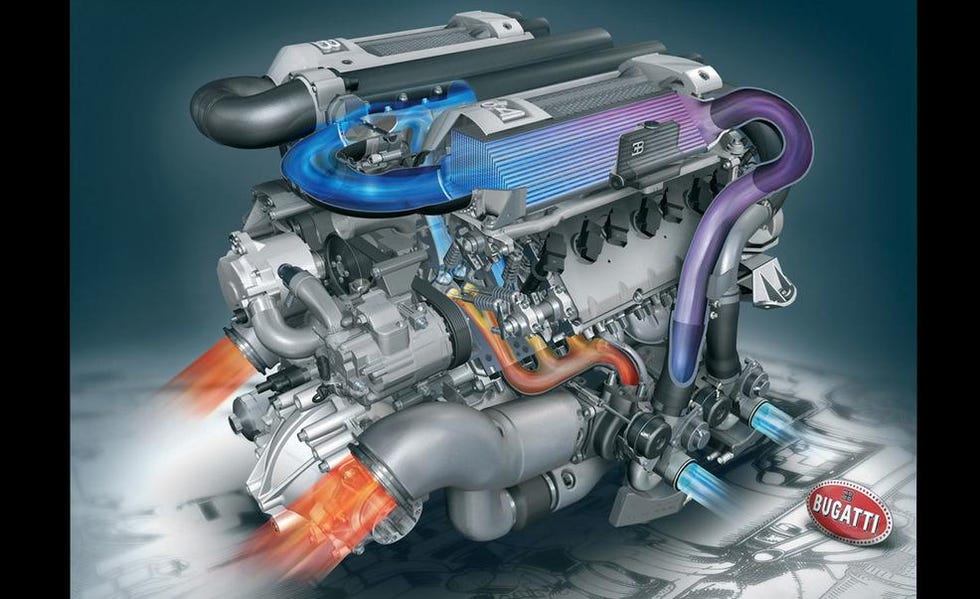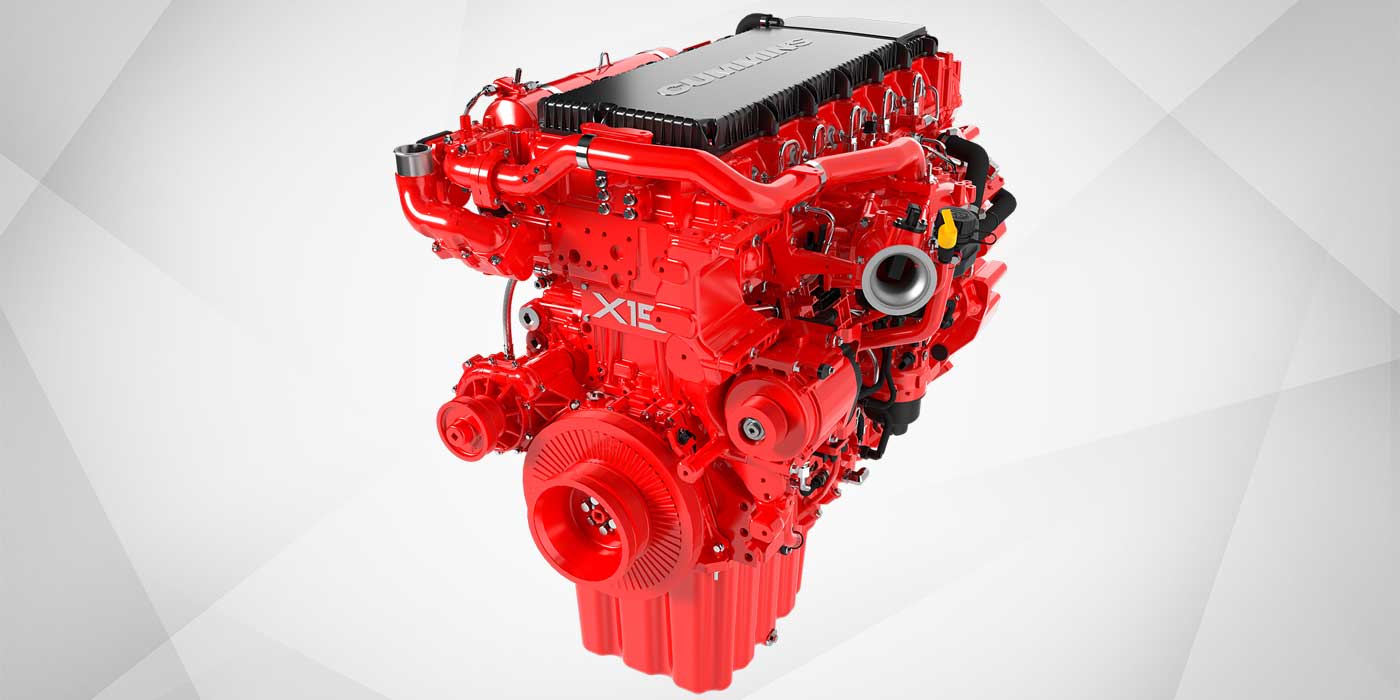Maximize Your Financial Investment with Engines For Africa's Variety
Discover a Wide Array of Engines for Every Car and Purpose
The vehicle landscape is significantly intricate, with a varied selection of engine kinds made to fulfill specific performance and efficiency needs across numerous vehicle classifications. From the high-performance engines that power sporting activities cars to the fuel-efficient options customized for day-to-day travelling, the options are huge and varied. Additionally, heavy-duty engines offer the demands of job automobiles, while green options are getting traction in the pursuit of lasting transport. Comprehending these distinctions is crucial for making educated choices, specifically as arising innovations continue to form the future of vehicle engineering. What implications might these innovations hold for manufacturers and consumers alike?
Kinds Of Automotive Engines
Automotive engines can be classified into a number of unique kinds, each created to fulfill specific performance and performance needs. One of the most common classifications include internal burning engines, electric engines, and hybrid systems.

Electric engines, on the other hand, run on electric power saved in batteries, offering instantaneous torque and zero exhausts. These engines are becoming significantly popular because of advancements in battery innovation and the expanding emphasis on sustainability.
Crossbreed systems combine both inner combustion and electrical engines, making it possible for automobiles to enhance fuel effectiveness and reduce emissions by perfectly changing between source of power. Each engine type provides its drawbacks and advantages, affecting variables such as automobile design, planned use, and market need. When choosing the ideal engine for their particular demands., understanding these distinctions is important for customers and producers alike.
Performance Engines for Sports Cars
Performance engines for sports autos are especially crafted to deliver improved speed, power, and agility, setting them apart from typical automobile engines. These engines frequently make use of sophisticated technologies such as turbocharging, supercharging, and variable shutoff timing to take full advantage of efficiency and responsiveness.
Generally, efficiency engines are created with higher compression ratios, which permit higher energy removal from gas. This causes outstanding horse power and torque figures, making it possible for quick velocity and higher top speeds. The lightweight materials utilized in these engines, such as aluminum and carbon fiber, contribute to reduced total automobile weight, boosting handling and maneuverability.
Engine arrangements like V6, V8, and also hybrid systems are typical in efficiency sporting activities automobiles, each offering special benefits in regards to power shipment and driving characteristics. The adjusting of these engines is additionally vital; lots of producers enhance the engine management systems to provide an exhilarating driving experience, often consisting of sport settings that readjust throttle feedback and equipment changes.
Efficient Engines for Daily Commuters
In the realm of day-to-day commuting, efficient engines play an important role in maximizing fuel economic situation and lessening emissions while providing reliable efficiency. As city populations expand and environmental problems intensify, the need for cars equipped with reliable powertrains has actually risen.
Modern engines made for day-to-day travelers usually include modern technologies such as turbocharging, direct gas injection, and hybrid systems. Turbocharging boosts engine effectiveness by try this out forcing even more air into the burning chamber, enabling smaller, lighter engines that do not jeopardize power outcome. Direct fuel injection enhances fuel atomization, bring about much better burning and enhanced effectiveness.
Hybrid engines, incorporating interior combustion with electrical power, additional augment gas economy, specifically in stop-and-go web traffic, where traditional engines can deal with inadequacies. Electric motors aid throughout velocity and can operate individually at reduced rates, minimizing overall gas intake.
Moreover, innovations in engine monitoring systems and lightweight materials contribute dramatically to efficient engine layout. By concentrating on efficiency, durability, and environmental sustainability, producers remain to provide engines that not just satisfy the demands of day-to-day travelling but also align with global initiatives to decrease carbon impacts.
Heavy-Duty Engines for Job Automobiles
Heavy-duty engines for job automobiles are regularly crafted to provide phenomenal torque and dependability under demanding conditions. These engines are made to do in environments where traditional engines may falter, such as building and construction sites, logging operations, and farming settings. The key focus of durable engines is their capacity to generate high levels of power while preserving durability over prolonged periods of operation.
Generally, sturdy engines utilize sophisticated materials and durable building and construction methods to withstand the rigors of hefty workloads. Attributes such as strengthened cylinder blocks, enhanced air conditioning systems, and advanced gas injection technologies contribute to their performance. These engines commonly operate at lower RPMs, which aids click for more info to enhance fuel effectiveness while offering the needed power for pulling and hauling.
In enhancement to mechanical robustness, durable engines are commonly outfitted with innovative digital control devices (ECUs) that handle performance, emissions, and diagnostics. This integration enables much better monitoring and maintenance, making certain that work vehicles continue to be effective and functional.
Inevitably, durable engines are a vital part in the performance of different industries, giving the needed power and dependability to deal with the toughest of jobs.
Eco-Friendly Engine Options
The growing focus on sustainability has resulted in the growth of environmentally friendly engine choices that focus on lowered emissions and improved gas efficiency. These engines are developed to minimize the ecological influence of vehicles while still providing the performance and reliability expected by consumers.
Among the most notable environment-friendly options are hybrid and electrical engines. Hybrid engines integrate traditional interior burning engines with electric propulsion, enabling minimized gas consumption and lower greenhouse gas exhausts. Electric engines, on the other hand, run entirely on battery power, producing absolutely no tailpipe exhausts and adding to cleaner air high quality.
One more encouraging growth is the innovation of biofuel engines, which make use of renewable resources, such as plant products, to power cars (Engines For Africa). By utilizing biofuels, these engines can lower dependency on fossil gas and reduced general carbon impacts

As the auto sector progresses, green engine options will certainly play a critical function in driving the shift in the direction of even more sustainable transportation services.
Final Thought
From high-performance engines that improve sporting activities automobile abilities to efficient versions prioritizing fuel economy for day-to-day travelers, each type offers a details feature. Durable engines cater to robust job lorries, while environmentally friendly alternatives, such as electrical and biofuel engines, advertise sustainable transport.
